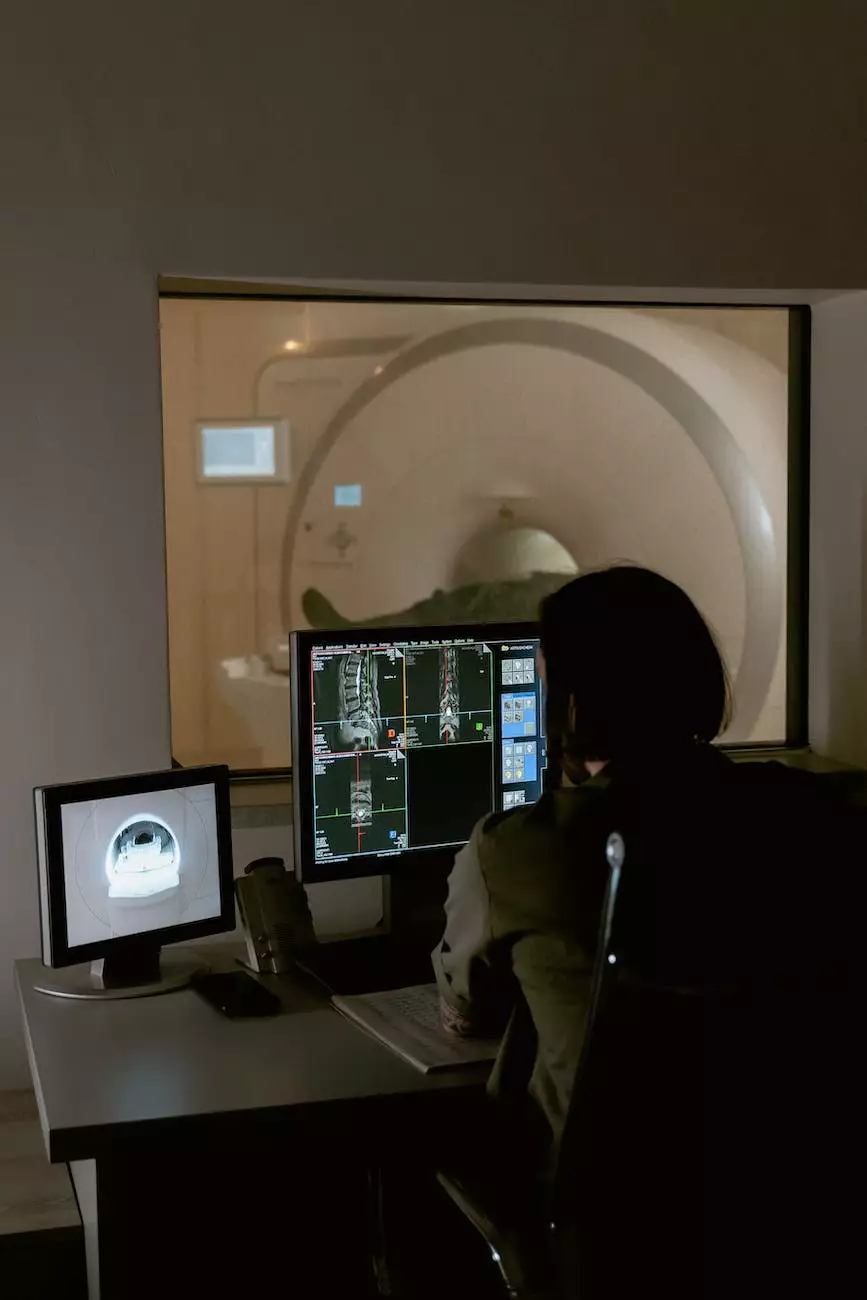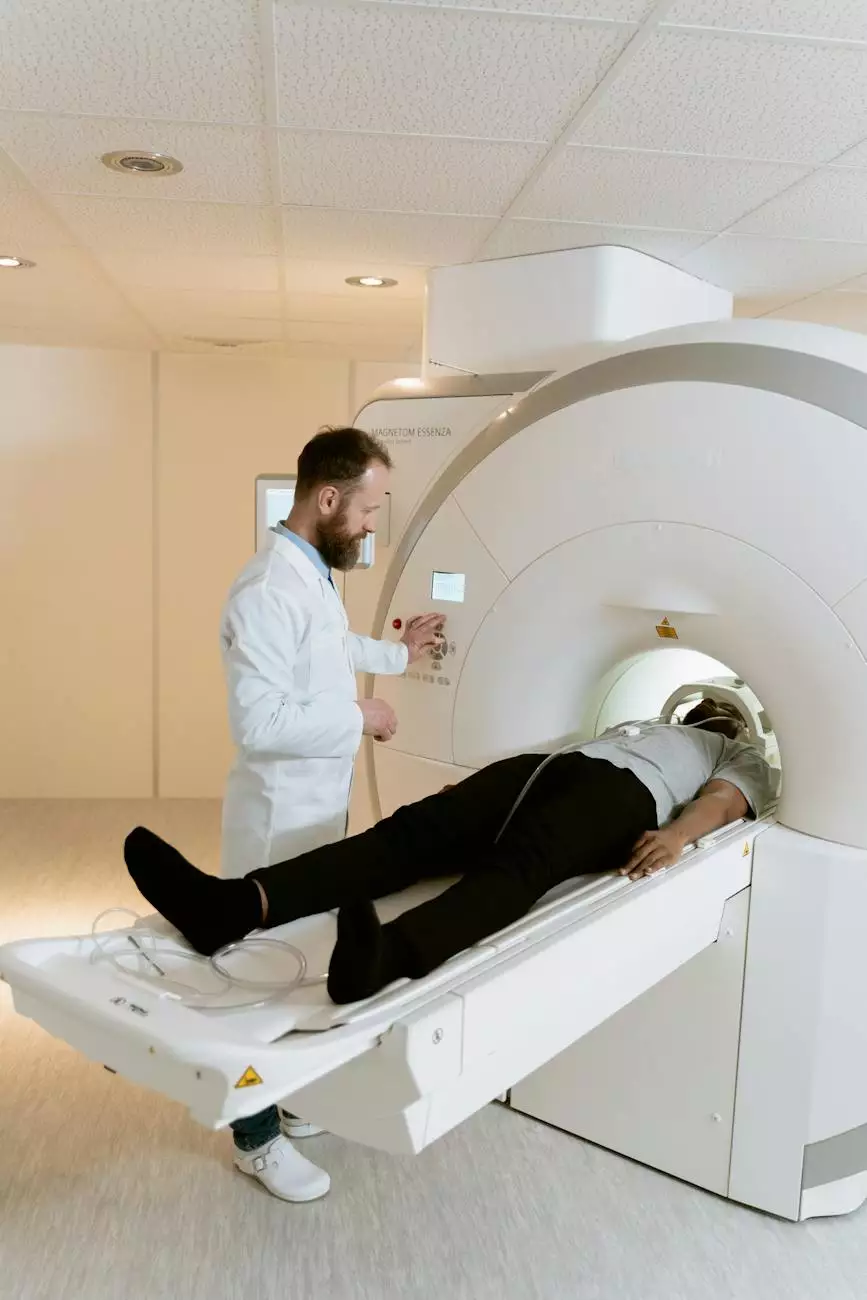Colorectal Cancer: Overview
Health Library
Symptoms of Colorectal Cancer
Colorectal cancer, also known as bowel cancer, develops in the colon or rectum. It is a serious medical condition that requires prompt attention. Early detection and timely treatment greatly improve the chances of successful recovery.
Common symptoms of colorectal cancer include:
- Blood in the stool
- Changes in bowel habits
- Abdominal pain or cramps
- Unexplained weight loss
- Feeling of incomplete bowel movement
- Fatigue or weakness
Prevention and Risk Factors
While colorectal cancer can affect anyone, certain risk factors increase the likelihood of developing the disease. These risk factors include:
- Age (risk increases with age)
- Family history of colorectal cancer
- Personal history of inflammatory bowel disease
- Obesity and unhealthy lifestyle choices
- Smoking and excessive alcohol consumption
- A diet high in processed meats and low in fiber
To lower the risk of colorectal cancer, it is crucial to adopt a healthy lifestyle. Regular exercise, a balanced diet rich in fruits and vegetables, and avoidance of smoking and excessive alcohol are key preventive measures.
Diagnosis and Treatment
Early diagnosis plays a vital role in successful colorectal cancer treatment. Screening tests such as colonoscopy, sigmoidoscopy, and fecal occult blood test can help detect any abnormalities in the colon or rectum.
If colorectal cancer is detected, the treatment options may include:
- Surgery to remove tumors
- Chemotherapy to destroy cancer cells
- Radiation therapy to target and shrink tumors
- Targeted therapy using drugs specific to cancer cells
Support and Care
Coping with colorectal cancer can be challenging, both physically and emotionally. It is important to have a strong support system in place. Various support groups, counseling services, and healthcare professionals can provide guidance and assistance throughout the treatment journey.
Conclusion
Colorectal cancer is a serious condition that requires awareness, prevention, early detection, and effective treatment. By understanding the symptoms, risk factors, and available treatment options, you can take proactive steps to prioritize your health and well-being.
For more information on colorectal cancer and to schedule a consultation with experienced professionals, contact Furstenberg Michael Dr, a trusted name in dental services.









